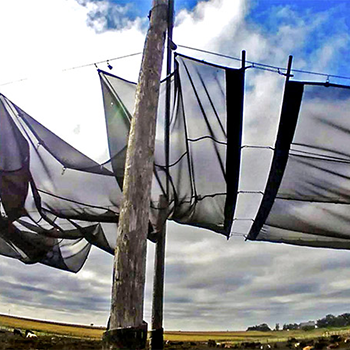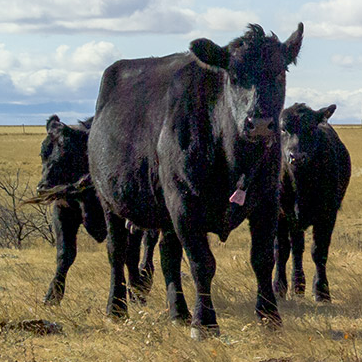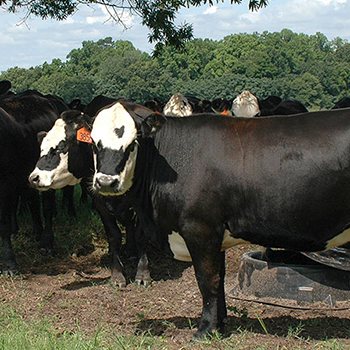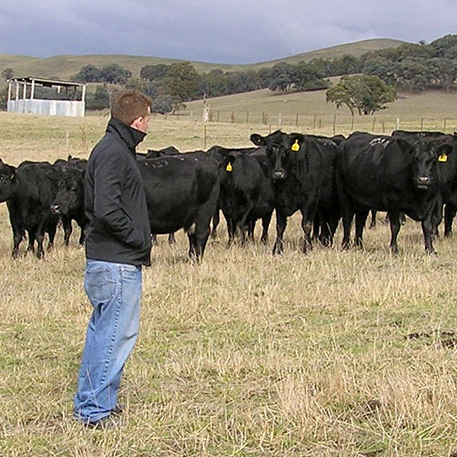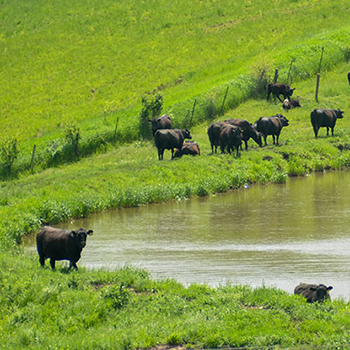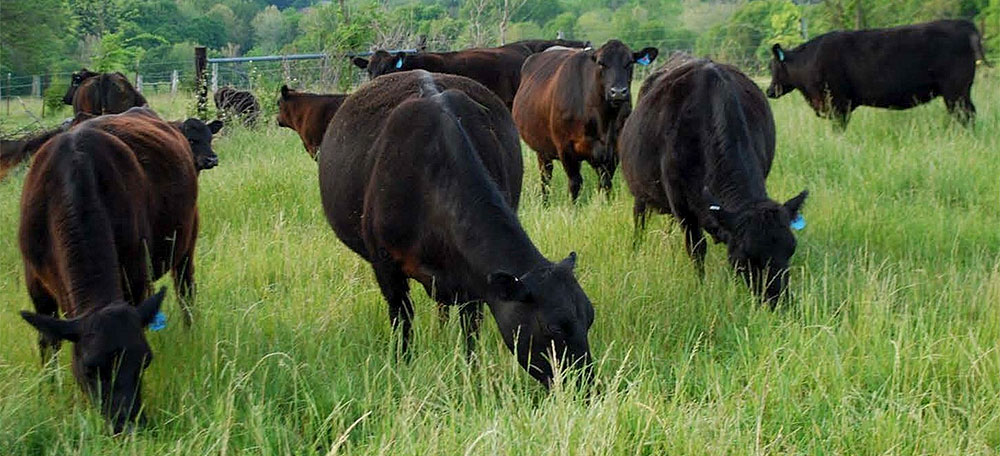
Deworming Cattle on Pasture
Know the type and amount of worms to mount the best attack.
Internal parasites — stomach and intestinal worms — rob cattle of nutrients, reducing growth rate and weight gain in young animals. They also hinder optimum production in all ages of cattle. Bert Stromberg, professor emeritus in the Department of Veterinary and Biomedical Sciences at the University of Minnesota, says we have to be careful we don’t deworm too often, however, since some populations of worms are developing resistance to the drugs we use.
“It’s still important to do some strategic deworming, determining which cattle you need to deworm, and when,” he says.
This may depend on your climate and when you turn cattle out on pasture.
He says he likes to make sure cows are free of worms when they go to pasture, but admits some producers are now talking about just treating groups, like younger cows, since older cows tend to have more immunity to the worms.
The next question is when to first deworm the calves.
“In studies we’ve done, if we deworm calves and their dams in mid-summer, we see a significant weight gain on the calves, as well as improving reproductive efficiency in the cows,” he notes.
He recommends testing a few fecal samples to see if there are enough worms to worry about.
“The number you need to sample, no matter what size your herd, is 20. This gives a snapshot view of whether there are any parasites there, and if they present in large numbers,” he explains.
This holds true whether you have 50 cows or 500, and if you have fewer than 20 cows you’d just check them all.
“I used to think we should sample 10%, but in fact 20 animals (a number determined statistically) is the maximum you need to see what’s there in terms of worms. But this does not address the question of individual animal treatment,” he explains, admitting that some cows may need deworming and others won’t.
Another time to deworm is in the fall at weaning.
“It pays to deworm calves when they are being vaccinated. Some studies have shown benefits to deworming at least a couple weeks before vaccinating, so calves can mount a better immune response to the vaccine. But on many operations, it’s not feasible or practical to do this,” he says.
He recommends deworming all calves in a preconditioning program. If calves go through a chute for vaccinations, deworming can be done at that time.
“When we deworm cattle, we generally just assume it works. Today it’s much more important to figure this out,” he warns. Don’t waste time and money treating the cattle if it won’t do them much good.
“In one study we found that in 31.2% of the animals that were treated, the drugs had efficacy of less than 80%. These drugs were all pour-ons. It’s convenient to use a pour-on, but it has less potential to get into the system for the worms,” Stromberg says.
It’s important to use a drug that is effective against the target worms, and to know if the worms have developed resistance. Your veterinarian can help you figure this out, with fecal samples before and after deworming.
Editor’s note: Heather Smith Thomas is a cattlewoman and freelance writer from Salmon, Idaho.
